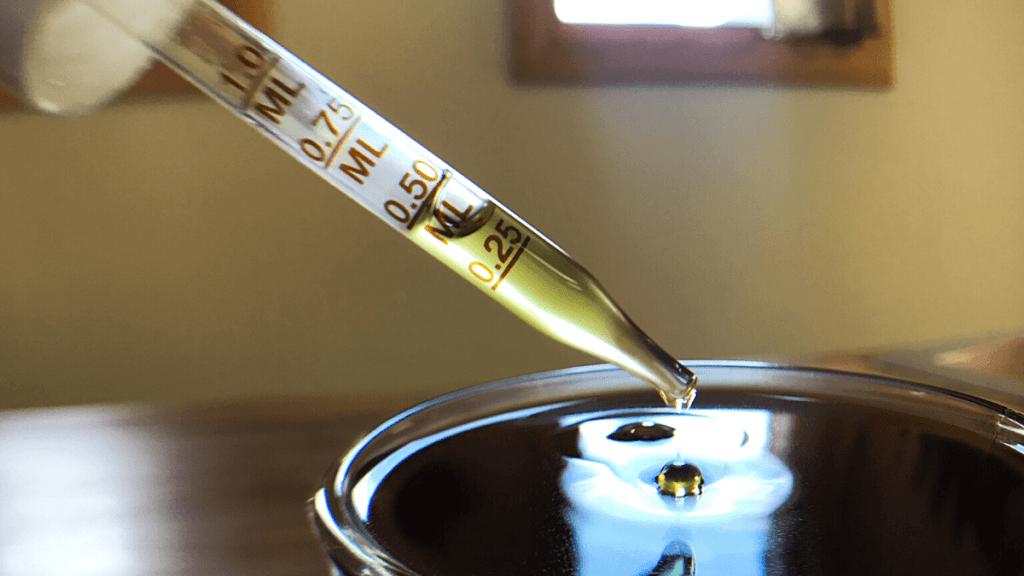Love strain-specific edibles but have a hard time finding them? You are not alone! As people learn more about the variety present in cannabis’ many strains, many find that only some of these options give them the effects they are looking for. For those strain-sensitive patients who prefer edibles, this can present a challenge. It’s not always easy to find the strains you need locally, but it can be almost impossible to find them in edibles. Since most edible companies leave the strain a mystery (or mix many strains together) it is hard to find specific strains when you need them.
Making edibles at home is a great way to bypass the problem but edible recipes can get complicated. Most people don’t want to labor over a pot for hours, constantly checking that the temperature is still in the perfect zone. If you have had a hard time making edibles at home, here are five shortcuts simplify this tasty task:
Use a Magical Butter Machine
Edible bases can be tricky to make, and usually involve a long infusing process where the temperature needs to be just right. The Magical Butter machine really simplifies this process. You put your decarboxylated marijuana and your butter into the machine and push a button. Two hours later, your perfectly infused butter is ready to go. Since it can help make many common bases like butter, oil, glycerin, honey, and alcohol, the Magical Butter machine can simplify almost any edible recipe.
Cook the Weed Right In
Infused oils aren’t the only way to make an edible. If you want to skip the process of making a base and get right to making your edibles, try these recipes that use the flower itself. Do you ever vape your favorite strains? This delicious pesto recipe turns the left over flower in your vape into a culinary experience. Or try turning your cannabis into canna-flour, with this zucchini bread recipe. The recipe teaches you how to grind up your preferred pot into a powdered form that can be baked right into your favorite treats.
Eat it Fresh
You can skip the cooking altogether by eating raw cannabis fan leaf. This not only simplifies your process, but you can also gain the benefits of the plant’s unaltered natural compounds like THCA. The most popular method for consuming the raw plant is juicing it. The juice can be mixed with other fruit or veggie juices for flavor and can be frozen in ice trays to preserve for later. Still, some skip the juicing all together and put the leaf straight into their salad. The high is fairly different from infused and decarboxylated edibles so you might also find that different strains work well for you fresh than when consumed other ways.
Copyright
© 420 Intel





